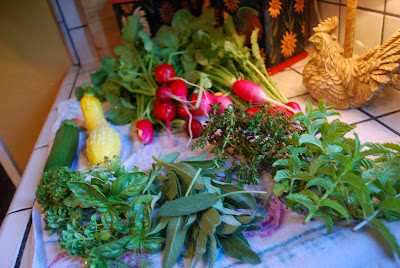Ghosts and the Modern Mediaeval Village
A comment following our last post:
People who see ghosts and go on being rationalist/materialists do so because their social conditioning is stronger than the evidence of their senses.
Whenever there is a rupture between the two it is uncomfortable, but if we decide to go with the social side it isn’t very uncomfortable because we just ignore any evidence and talk with our fellow-believers (which is why seeing ghosts makes so little difference to the scientism faithful).
As for ghosts – well I don’t find ghosts very interesting in themselves, and I don’t pretend to know what they are (I don’t believe that the ”soul” is still present in a ghost – I think it is some kind of ”outer psychic shell” that the soul has shed but that still has a kind of emotion).
But what is really fascinating is the way the dogma of materialism has reduced the state of information about ghosts to a pre-mass-communication level.
Ghosts do exist. Lots of people experience them daily (many hauntings are just a part of the life of a particular building) or sometimes yearly (there are such things as annual hauntings on the anniversary of some particular event). They follow laws that have been verified over numerous cases and can accurately predict some of the phenomena that will be present in new cases. There are organizations that have carefully-kept records dating back to the latter part of the century before last.
But because of the mythos or ideology of Western Telluria, all this knowledge is reduced to the anecdotal level – the state of knowledge that might be found in a remote village before the advent of the printing press.
It is as if while one set of people possess a detailed collection of notebooks on the habits and biology of otters, everyone else is still arguing about whether otters actually exist, and the people who actually know all about otters aren’t listened to (and rarely even admitted to exist themselves) because – well otters aren’t a respectable subject.
All very odd.











